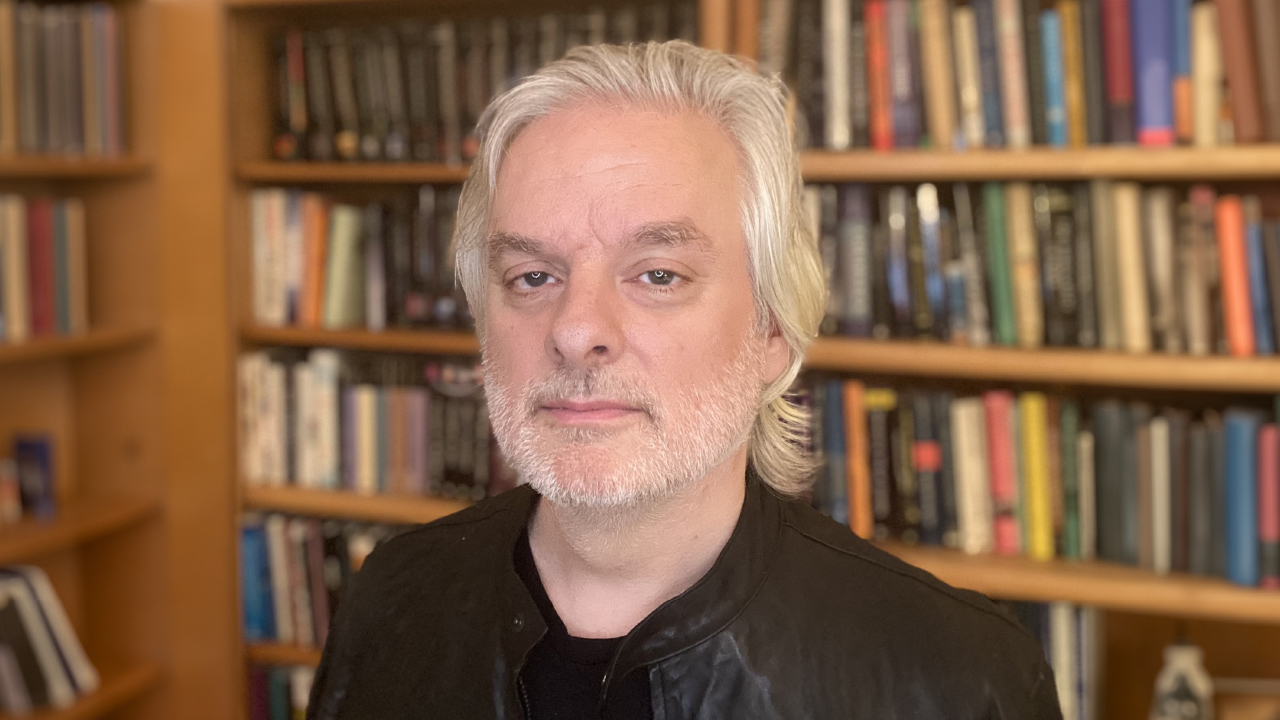OU’s Burke Lecture to explore connections between philosophy and AI

Generative AI systems, such as ChatGPT and its many relatives, have taken the world by storm.
They show a variety of impressive abilities that would require intelligence if done by humans. But is ChatGPT really intelligent? Can it understand what it says? Is it conscious? Can it think? These are difficult questions that require philosophical analysis.
David Chalmers, professor of philosophy and neural science and co-director of the Center for Mind, Brain and Consciousness at New York University, will explore these questions at Oakland University’s 2024 Richard J. Burke Lecture in Philosophy, Religion and Society. The event will take place from 7-9 p.m. on Wednesday, March 6, in the Oakland Center Gold Rooms.
Dr. Chalmers is the author of “The Conscious Mind,” “Constructing The World” and “Reality+: Virtual Worlds and the Problems of Philosophy.”
He is known for formulating the “hard problem of consciousness,” which refers to how subjective experiences such as tastes, sights and sounds arise from physical brain processes, and for the idea of the “extended mind,” which says that the tools humans use can become parts of their minds.
“There is no one in the world better prepared to answer questions about the intelligence of generative AI than Professor David Chalmers," said Mark Navin, professor and chair of OU's Department of Philosophy. "He is a pioneering and visionary thinker, and his career is a testament to the relevance of philosophy for the problems we care about most."
Designed to tackle some of today's compelling issues — from war to religion to sexual ethics — the Richard J. Burke Lecture in Philosophy, Religion and Society sparks serious, thought-provoking discussions between scholars, students and the community. The annual event honors the legacy of Richard J. Burke (1932-2012), professor emeritus of philosophy and the first faculty member hired at Oakland University.
Admission is free, but reservations are requested. To reserve a space, contact Ann Zimmerman at (248) 370-3390 or [email protected].

 February 08, 2024
February 08, 2024







